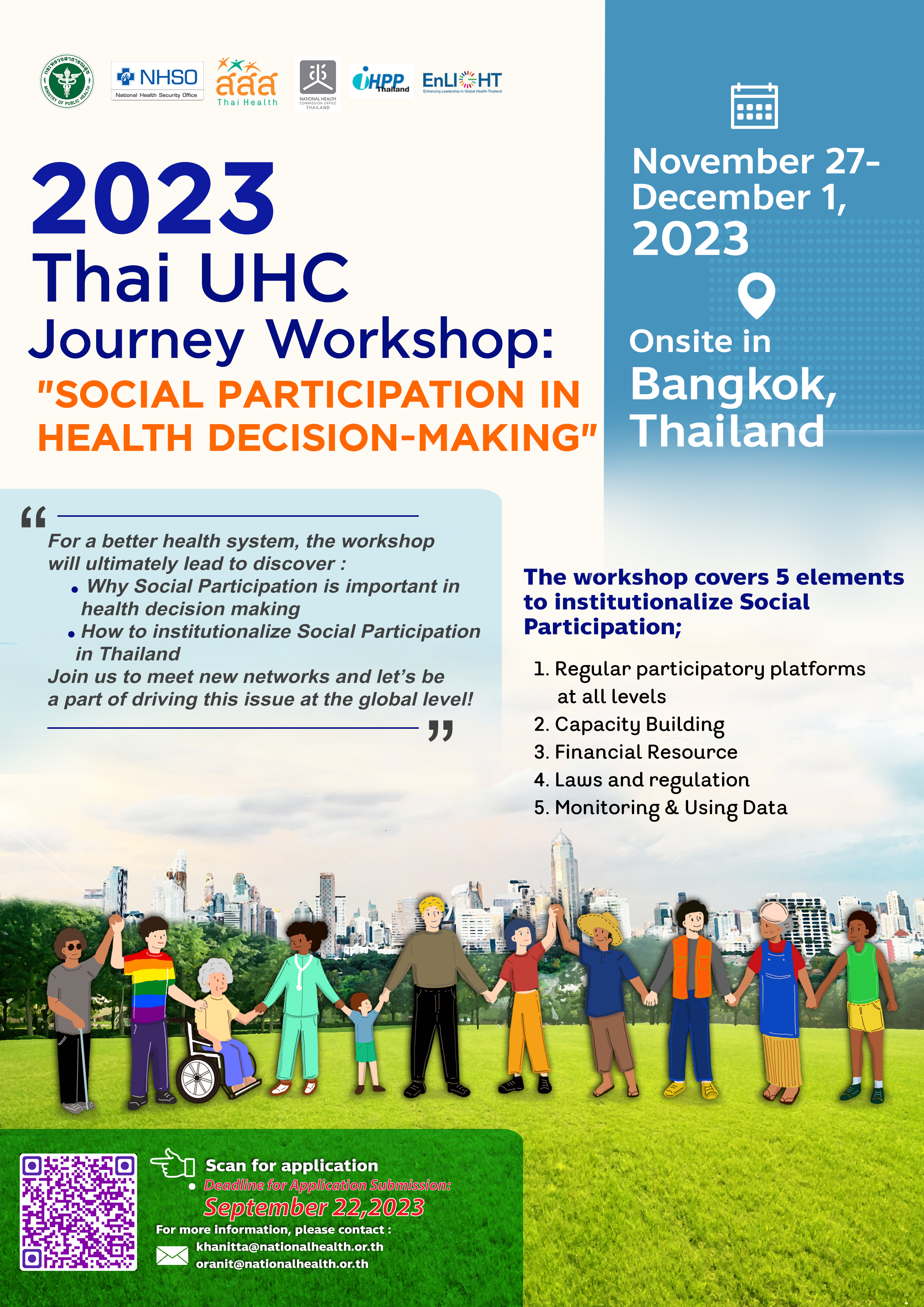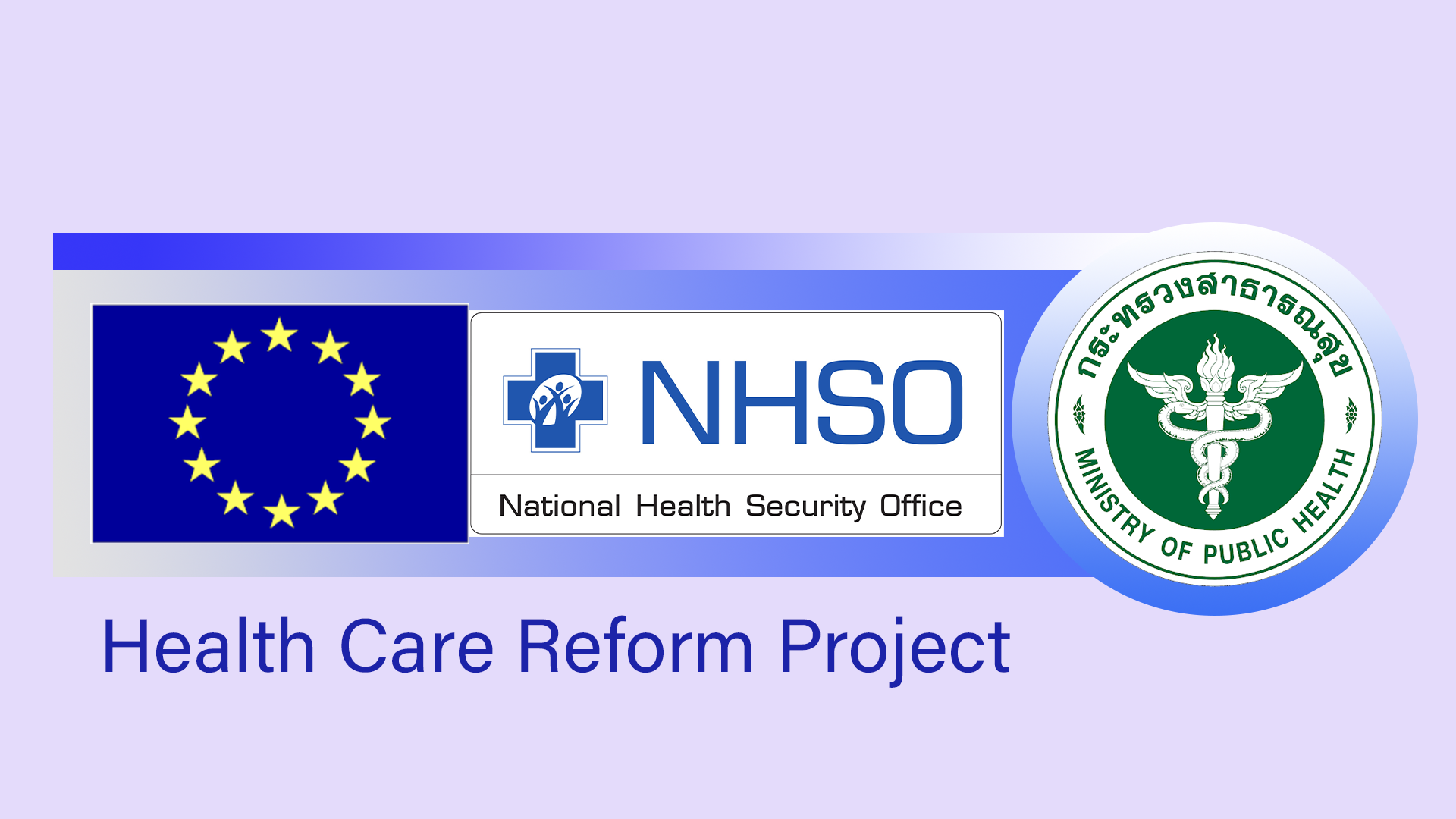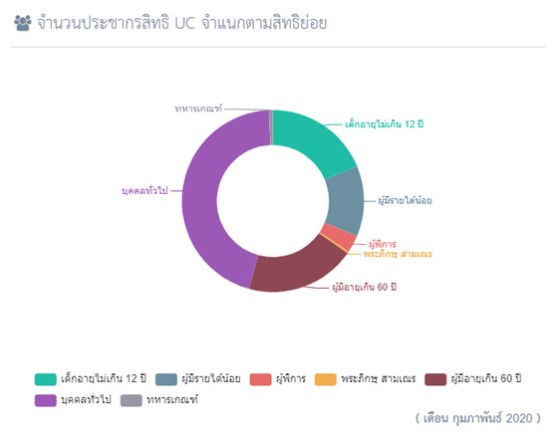Acellular pertussis vaccines offered to pregnant women
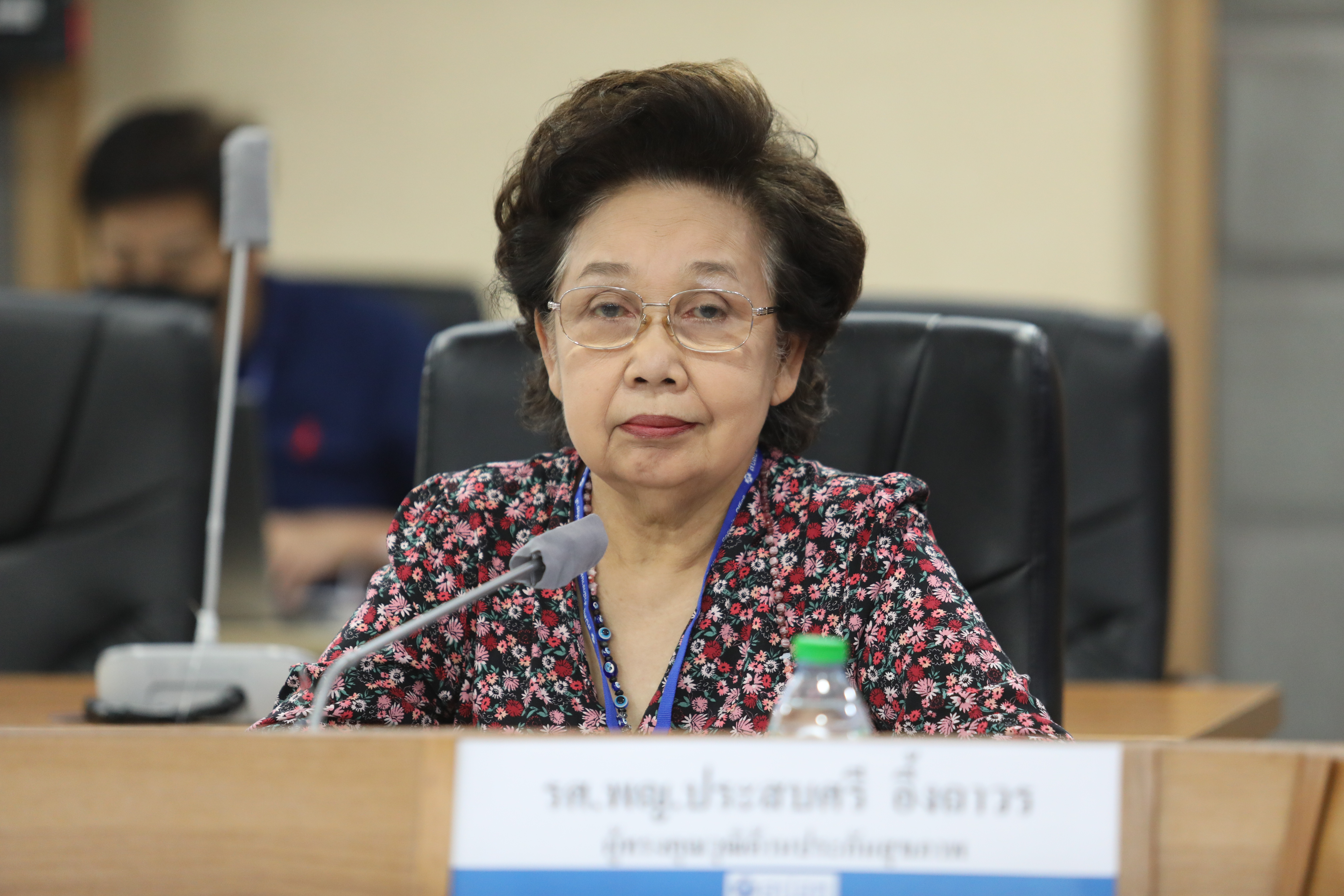
Acellular pertussis vaccines offered to pregnant women
The National Health Security Board (NHSB) approved the proposal to introduce acellular pertussis vaccines into the Universal Coverage Scheme (UCS).
Pregnant women are the prime target because evidence suggests that vaccination can protect infants from pertussis.
The NHSB’s meeting on 7 June when Assoc. Prof. Dr Prasobsri Ungthavorn, a member of the National Health Security Board (NHSB) and chair of the NHSB’s sub-committee , proposed to the board members to include four new items into the UCS benefits package,
One of these benefits is acellular pertussis vaccines for women between 27 and 36 weeks of pregnancy.
Vaccinating mothers can improve the immunity of newborn babies against the disease.
Pertussis, known as whooping cough, is a highly-contagious respiratory disease caused by a bacteria called Bordetella pertussis.
It can cause pneumonia, seizures, brain damage, and death, especially for babies and children.
The Department of Diseases Control under the Ministry of Public Health reports nearly 60 cases of pertussis annually in the past five years.
The disease is found mainly in children under four years old, especially those living in rural areas where access to vaccines is restricted by geographical disparity.
The World Health Organization estimates between 20 and 40 million cases of pertussis are detected annually.
(1).jpg)
Dr Jadej Thammatacharee, the NHSO board member and secretary-general, said that approximately 110,000 doses of acellular pertussis vaccines will be offered to pregnant women this year.
This health benefit will cost the Thai government around 41 million baht. But the outcome is worthwhile as it will protect infants from the deadly disease, he said.
The vaccine will be purchased from local suppliers that develop and manufacture the vaccine and pass the set criteria, including high vaccine effectiveness and safety.
The NHSB approval is based on scientific and cost-effective studies.
Several clinical trials suggest that acellular pertussis vaccine can be offered to wider population groups, including adolescents and pregnant women, due to its safety.
It can be an alternative to the whole-cell pertussis vaccine, which is associated with higher adverse events.
In addition, the NHSB also approved the introduction of three medicines into the UCS benefits package.
They are activated prothrombin complex concentrate (aPCC) used for treating hemophilia; carglumic acid used for the treatment of hyperammonemia in patients with a deficiency in N-acetyl glutamate synthase, methylmalonic acidemia and propionic acidemia; and somatropin used for the treatment of growth hormone deficiency in infants.
“The use of these drugs will allow the UCS beneficiaries to access effective drugs, giving physicians have more choices for treating the patients,” said Dr Jadej.
“The NHSO pays close attention to the needs of UCS beneficiaries and looks for ways to answer those needs.”
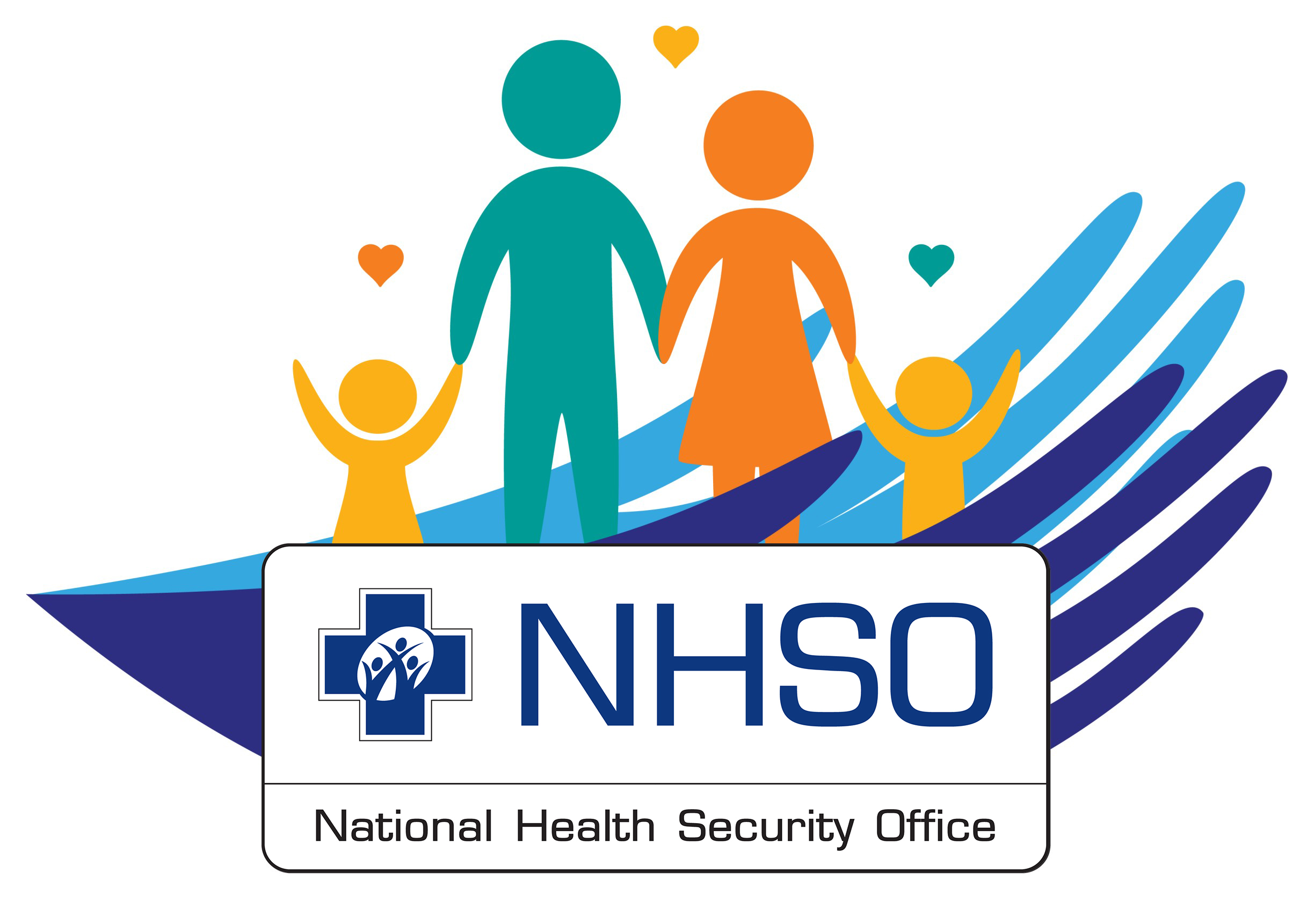
IN DEPTH
Acellular pertussis vaccines offered to pregnant women

Acellular pertussis vaccines offered to pregnant women
The National Health Security Board (NHSB) approved the proposal to introduce acellular pertussis vaccines into the Universal Coverage Scheme (UCS).
Pregnant women are the prime target because evidence suggests that vaccination can protect infants from pertussis.
The NHSB’s meeting on 7 June when Assoc. Prof. Dr Prasobsri Ungthavorn, a member of the National Health Security Board (NHSB) and chair of the NHSB’s sub-committee , proposed to the board members to include four new items into the UCS benefits package,
One of these benefits is acellular pertussis vaccines for women between 27 and 36 weeks of pregnancy.
Vaccinating mothers can improve the immunity of newborn babies against the disease.
Pertussis, known as whooping cough, is a highly-contagious respiratory disease caused by a bacteria called Bordetella pertussis.
It can cause pneumonia, seizures, brain damage, and death, especially for babies and children.
The Department of Diseases Control under the Ministry of Public Health reports nearly 60 cases of pertussis annually in the past five years.
The disease is found mainly in children under four years old, especially those living in rural areas where access to vaccines is restricted by geographical disparity.
The World Health Organization estimates between 20 and 40 million cases of pertussis are detected annually.
(1).jpg)
Dr Jadej Thammatacharee, the NHSO board member and secretary-general, said that approximately 110,000 doses of acellular pertussis vaccines will be offered to pregnant women this year.
This health benefit will cost the Thai government around 41 million baht. But the outcome is worthwhile as it will protect infants from the deadly disease, he said.
The vaccine will be purchased from local suppliers that develop and manufacture the vaccine and pass the set criteria, including high vaccine effectiveness and safety.
The NHSB approval is based on scientific and cost-effective studies.
Several clinical trials suggest that acellular pertussis vaccine can be offered to wider population groups, including adolescents and pregnant women, due to its safety.
It can be an alternative to the whole-cell pertussis vaccine, which is associated with higher adverse events.
In addition, the NHSB also approved the introduction of three medicines into the UCS benefits package.
They are activated prothrombin complex concentrate (aPCC) used for treating hemophilia; carglumic acid used for the treatment of hyperammonemia in patients with a deficiency in N-acetyl glutamate synthase, methylmalonic acidemia and propionic acidemia; and somatropin used for the treatment of growth hormone deficiency in infants.
“The use of these drugs will allow the UCS beneficiaries to access effective drugs, giving physicians have more choices for treating the patients,” said Dr Jadej.
“The NHSO pays close attention to the needs of UCS beneficiaries and looks for ways to answer those needs.”

Events
Acellular pertussis vaccines offered to pregnant women

Acellular pertussis vaccines offered to pregnant women
The National Health Security Board (NHSB) approved the proposal to introduce acellular pertussis vaccines into the Universal Coverage Scheme (UCS).
Pregnant women are the prime target because evidence suggests that vaccination can protect infants from pertussis.
The NHSB’s meeting on 7 June when Assoc. Prof. Dr Prasobsri Ungthavorn, a member of the National Health Security Board (NHSB) and chair of the NHSB’s sub-committee , proposed to the board members to include four new items into the UCS benefits package,
One of these benefits is acellular pertussis vaccines for women between 27 and 36 weeks of pregnancy.
Vaccinating mothers can improve the immunity of newborn babies against the disease.
Pertussis, known as whooping cough, is a highly-contagious respiratory disease caused by a bacteria called Bordetella pertussis.
It can cause pneumonia, seizures, brain damage, and death, especially for babies and children.
The Department of Diseases Control under the Ministry of Public Health reports nearly 60 cases of pertussis annually in the past five years.
The disease is found mainly in children under four years old, especially those living in rural areas where access to vaccines is restricted by geographical disparity.
The World Health Organization estimates between 20 and 40 million cases of pertussis are detected annually.
(1).jpg)
Dr Jadej Thammatacharee, the NHSO board member and secretary-general, said that approximately 110,000 doses of acellular pertussis vaccines will be offered to pregnant women this year.
This health benefit will cost the Thai government around 41 million baht. But the outcome is worthwhile as it will protect infants from the deadly disease, he said.
The vaccine will be purchased from local suppliers that develop and manufacture the vaccine and pass the set criteria, including high vaccine effectiveness and safety.
The NHSB approval is based on scientific and cost-effective studies.
Several clinical trials suggest that acellular pertussis vaccine can be offered to wider population groups, including adolescents and pregnant women, due to its safety.
It can be an alternative to the whole-cell pertussis vaccine, which is associated with higher adverse events.
In addition, the NHSB also approved the introduction of three medicines into the UCS benefits package.
They are activated prothrombin complex concentrate (aPCC) used for treating hemophilia; carglumic acid used for the treatment of hyperammonemia in patients with a deficiency in N-acetyl glutamate synthase, methylmalonic acidemia and propionic acidemia; and somatropin used for the treatment of growth hormone deficiency in infants.
“The use of these drugs will allow the UCS beneficiaries to access effective drugs, giving physicians have more choices for treating the patients,” said Dr Jadej.
“The NHSO pays close attention to the needs of UCS beneficiaries and looks for ways to answer those needs.”

RESOURCE CENTER
SECRETARY-GENERAL
Acellular pertussis vaccines offered to pregnant women

Acellular pertussis vaccines offered to pregnant women
The National Health Security Board (NHSB) approved the proposal to introduce acellular pertussis vaccines into the Universal Coverage Scheme (UCS).
Pregnant women are the prime target because evidence suggests that vaccination can protect infants from pertussis.
The NHSB’s meeting on 7 June when Assoc. Prof. Dr Prasobsri Ungthavorn, a member of the National Health Security Board (NHSB) and chair of the NHSB’s sub-committee , proposed to the board members to include four new items into the UCS benefits package,
One of these benefits is acellular pertussis vaccines for women between 27 and 36 weeks of pregnancy.
Vaccinating mothers can improve the immunity of newborn babies against the disease.
Pertussis, known as whooping cough, is a highly-contagious respiratory disease caused by a bacteria called Bordetella pertussis.
It can cause pneumonia, seizures, brain damage, and death, especially for babies and children.
The Department of Diseases Control under the Ministry of Public Health reports nearly 60 cases of pertussis annually in the past five years.
The disease is found mainly in children under four years old, especially those living in rural areas where access to vaccines is restricted by geographical disparity.
The World Health Organization estimates between 20 and 40 million cases of pertussis are detected annually.
(1).jpg)
Dr Jadej Thammatacharee, the NHSO board member and secretary-general, said that approximately 110,000 doses of acellular pertussis vaccines will be offered to pregnant women this year.
This health benefit will cost the Thai government around 41 million baht. But the outcome is worthwhile as it will protect infants from the deadly disease, he said.
The vaccine will be purchased from local suppliers that develop and manufacture the vaccine and pass the set criteria, including high vaccine effectiveness and safety.
The NHSB approval is based on scientific and cost-effective studies.
Several clinical trials suggest that acellular pertussis vaccine can be offered to wider population groups, including adolescents and pregnant women, due to its safety.
It can be an alternative to the whole-cell pertussis vaccine, which is associated with higher adverse events.
In addition, the NHSB also approved the introduction of three medicines into the UCS benefits package.
They are activated prothrombin complex concentrate (aPCC) used for treating hemophilia; carglumic acid used for the treatment of hyperammonemia in patients with a deficiency in N-acetyl glutamate synthase, methylmalonic acidemia and propionic acidemia; and somatropin used for the treatment of growth hormone deficiency in infants.
“The use of these drugs will allow the UCS beneficiaries to access effective drugs, giving physicians have more choices for treating the patients,” said Dr Jadej.
“The NHSO pays close attention to the needs of UCS beneficiaries and looks for ways to answer those needs.”

VIDEOS
Thailand's UHC Journey
UHC Public relations
